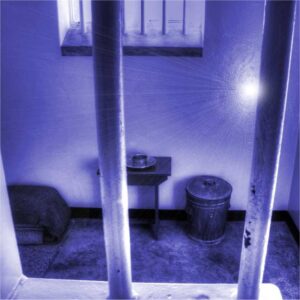
The South African freedom fighter Nelson Mandela spent 28 years in prison and endured hard labour, cramped living conditions, and abuse and cruelty from the prison guards. When eventually released, he achieved recognition and respect as a world leader. Among his many inspirational quotes, he said, “For to be free is not merely to cast off one’s chains, but to live in a way that respects and enhances the freedom of others.”
Freedom can be defined as the absence of compulsion, coercion, or constraint in our choice or action. In the western world, we are fortunate to live in relative freedom, which is all too easy to take for granted. Freedom is relative, personal and, as Nelson Mandela pointed out, also includes the freedom of others. We have relative economic freedom but still have to work to pay the bills. We have political freedom but may find that our vote does not always count. We have freedom of expression but find that it’s not always wise to speak out against the status quo. We have freedom of movement but may need to get a visa to visit certain countries. We have psychological freedom, but sometimes experience limiting thoughts and unpleasant feelings. Of all of these freedoms, it’s the ones that are closest to us, the thoughts, emotions, body, and senses that determine our relationship with the world and other people, that are the most relevant for mindfulness practice.
Share on
